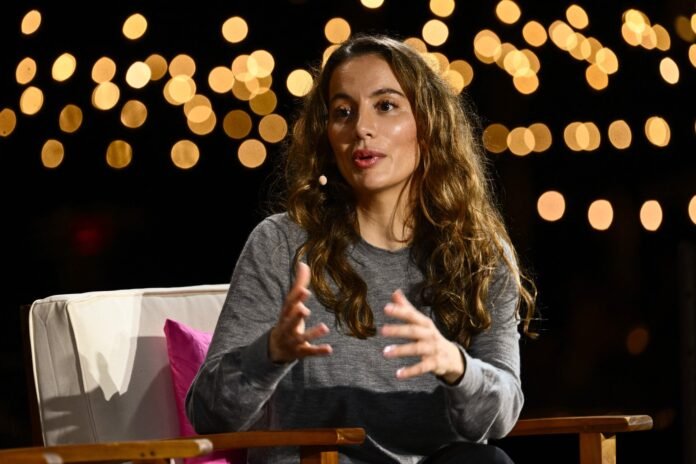OpenAI often makes mistakes and talks about AI in a divisive way, despite claiming to work towards creating a superintelligence that benefits humanity. During a discussion at Dartmouth University with Jeffrey Blackburn, OpenAI CTO Mira Murati made a controversial statement about the impact of AI on creative professions.
Murati suggested that some creative jobs may not be necessary if the content produced is low quality, and she believes that using AI as a tool for education and creativity will enhance intelligence. This viewpoint is frustrating for those who see generative AI as a scam that relies on plagiarism and intellectual property theft to mimic human creativity.
OpenAI’s attitude towards creative work seems confrontational, especially when considering their disregard for who should have a job in the AI era. This sentiment is reinforced by a recent incident where an OpenAI executive hesitated to reveal that their Sora video tool was trained on YouTube videos.
It appears that OpenAI is challenging traditional creative processes, an approach that contradicts the belief that all individuals should have the opportunity to reach their full potential. There is concern that companies like OpenAI prioritize growth over ethical considerations, potentially harming creatives and the tech ecosystem in the pursuit of profit.
Writer Ed Zitron warns about the consequences of not holding companies like OpenAI accountable for their actions, highlighting the impact on both creators and the media. The prioritization of profit over innovation may result in inferior products and a worsening world to benefit wealthy stakeholders.









